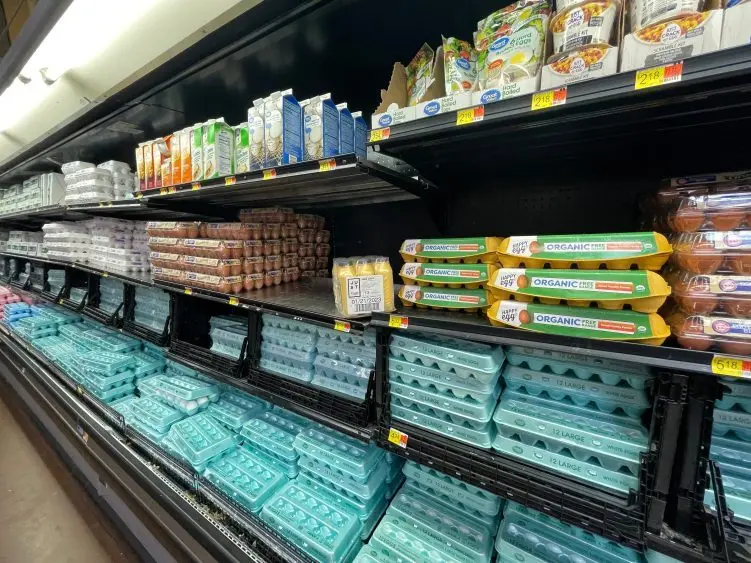President Donald Trump’s administration said Monday it will partially fund the Supplemental Nutrition Assistance Program, or SNAP, after two federal judges ruled the government must keep the food aid program running during the shutdown.
The U.S. Department of Agriculture had planned to freeze payments starting November 1, citing an inability to continue funding due to the prolonged shutdown. SNAP, which serves about one in eight Americans, is a key part of the nation’s social safety net and costs around $8 billion per month nationwide.
It remains unclear how much aid beneficiaries will receive or when the funds will appear on their electronic benefit transfer cards. The process of loading the cards, which involves coordination between federal and state agencies and vendors, can take up to two weeks in some states. The average monthly benefit is roughly $190 per person.
Last month, USDA warned that November benefits would not be paid out if the government remained closed, prompting widespread concern among nearly 42 million Americans who rely on the program, as well as food banks and state agencies scrambling to find alternatives. Many states have since boosted funding for local food banks or developed systems to temporarily reload benefit cards using state dollars.
The partial funding decision follows separate rulings from federal judges in Massachusetts and Rhode Island on Friday, which directed the government to use an emergency fund containing about $5 billion to continue payments at least in part. Both judges noted that the program costs over $8 billion monthly, including administrative expenses.
Judge John J. McConnell Jr. in Rhode Island set a Monday deadline for full payments or Wednesday if the government opted for a partial disbursement, which requires recalculating benefits.
Trump addressed the issue on social media Friday, writing that he does “NOT want Americans to go hungry just because the Radical Democrats refuse to do the right thing and REOPEN THE GOVERNMENT.” He directed government lawyers to move quickly to process SNAP payments.
Despite the court orders, millions of families are still likely to experience delays in receiving their November benefits due to the lengthy card-loading process. Meanwhile, 25 Democratic-led states and the District of Columbia, along with several cities and nonprofits, have filed lawsuits arguing the administration is legally obligated to maintain the program throughout the shutdown.
